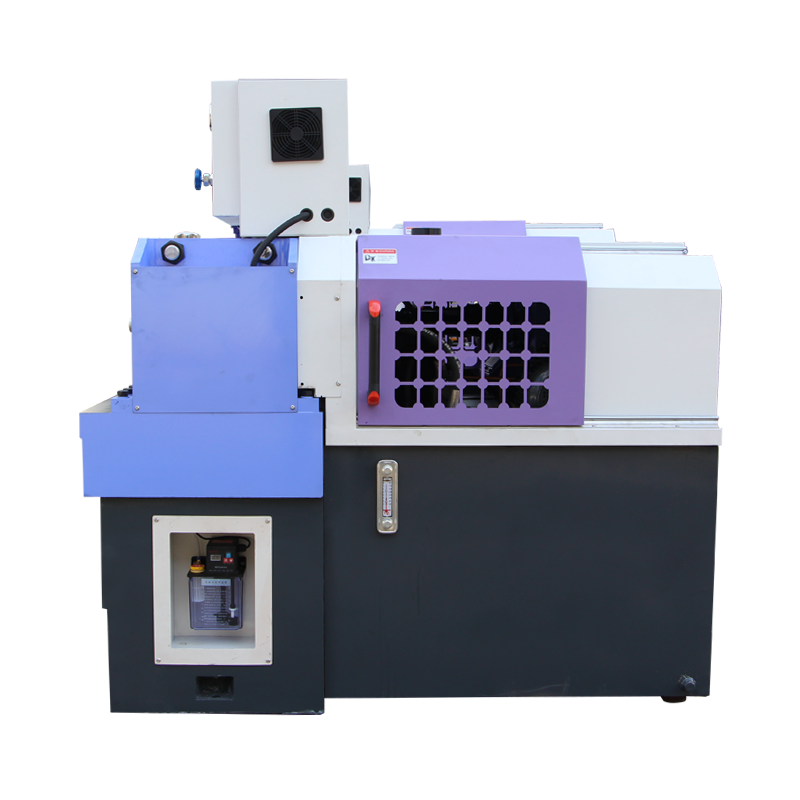
-
 Afrikaans
Afrikaans -
 Albanian
Albanian -
 Amharic
Amharic -
 Arabic
Arabic -
 Armenian
Armenian -
 Azerbaijani
Azerbaijani -
 Basque
Basque -
 Belarusian
Belarusian -
 Bengali
Bengali -
 Bosnian
Bosnian -
 Bulgarian
Bulgarian -
 Catalan
Catalan -
 Cebuano
Cebuano -
 Corsican
Corsican -
 Croatian
Croatian -
 Czech
Czech -
 Danish
Danish -
 Dutch
Dutch -
 English
English -
 Esperanto
Esperanto -
 Estonian
Estonian -
 Finnish
Finnish -
 French
French -
 Frisian
Frisian -
 Galician
Galician -
 Georgian
Georgian -
 German
German -
 Greek
Greek -
 Gujarati
Gujarati -
 Haitian Creole
Haitian Creole -
 hausa
hausa -
 hawaiian
hawaiian -
 Hebrew
Hebrew -
 Hindi
Hindi -
 Miao
Miao -
 Hungarian
Hungarian -
 Icelandic
Icelandic -
 igbo
igbo -
 Indonesian
Indonesian -
 irish
irish -
 Italian
Italian -
 Japanese
Japanese -
 Javanese
Javanese -
 Kannada
Kannada -
 kazakh
kazakh -
 Khmer
Khmer -
 Rwandese
Rwandese -
 Korean
Korean -
 Kurdish
Kurdish -
 Kyrgyz
Kyrgyz -
 Lao
Lao -
 Latin
Latin -
 Latvian
Latvian -
 Lithuanian
Lithuanian -
 Luxembourgish
Luxembourgish -
 Macedonian
Macedonian -
 Malgashi
Malgashi -
 Malay
Malay -
 Malayalam
Malayalam -
 Maltese
Maltese -
 Maori
Maori -
 Marathi
Marathi -
 Mongolian
Mongolian -
 Myanmar
Myanmar -
 Nepali
Nepali -
 Norwegian
Norwegian -
 Norwegian
Norwegian -
 Occitan
Occitan -
 Pashto
Pashto -
 Persian
Persian -
 Polish
Polish -
 Portuguese
Portuguese -
 Punjabi
Punjabi -
 Romanian
Romanian -
 Russian
Russian -
 Samoan
Samoan -
 Scottish Gaelic
Scottish Gaelic -
 Serbian
Serbian -
 Sesotho
Sesotho -
 Shona
Shona -
 Sindhi
Sindhi -
 Sinhala
Sinhala -
 Slovak
Slovak -
 Slovenian
Slovenian -
 Somali
Somali -
 Spanish
Spanish -
 Sundanese
Sundanese -
 Swahili
Swahili -
 Swedish
Swedish -
 Tagalog
Tagalog -
 Tajik
Tajik -
 Tamil
Tamil -
 Tatar
Tatar -
 Telugu
Telugu -
 Thai
Thai -
 Turkish
Turkish -
 Turkmen
Turkmen -
 Ukrainian
Ukrainian -
 Urdu
Urdu -
 Uighur
Uighur -
 Uzbek
Uzbek -
 Vietnamese
Vietnamese -
 Welsh
Welsh -
 Bantu
Bantu -
 Yiddish
Yiddish -
 Yoruba
Yoruba -
 Zulu
Zulu
Innovative Thread Rolling Tool for Enhanced Precision and Efficiency in Manufacturing
Understanding Thread Rolling Tool Products An In-Depth Overview
In the modern manufacturing landscape, thread rolling has emerged as an essential process for producing high-quality threaded components efficiently. Thread rolling tools are specialized devices designed to create threads on metal surfaces, an operation that is both precise and effective in enhancing strength and durability. In this article, we will explore the key aspects of thread rolling tools, their applications, and the benefits they offer to various industries.
What is Thread Rolling?
Thread rolling is a cold-formed manufacturing process that transforms a cylindrical blank into a threaded part by displacing the material rather than cutting it away. Utilizing hard steel dies, this technique creates threads by pressing the blank between the rolls. The result is a stronger component due to work hardening and improved surface finish, which contrasts sharply with traditional cutting methods that can introduce micro-cracks and leave a rough finish.
Types of Thread Rolling Tools
Thread rolling tools come in several forms, each catering to different applications
1. Flat Die Rollers These tools consist of two flat dies and are primarily used for rolling large threads. They allow for high production rates and are suited for mass production.
2. Circular Rollers These tools use circular dies and are ideal for smaller, precision threads. They are known for providing high-quality threads with excellent dimensional accuracy.
3. Planetary Rollers In this design, multiple rolling dies move around a central axis, allowing for the production of threads on various diameters and lengths simultaneously.
Each type of rolling tool has its unique specifications, suited to varying production volumes and material types.
Applications of Thread Rolling Tools
Thread rolling tools are utilized across a wide array of industries due to their efficiency and the quality of the products they create. Common applications include
- Automotive Industry Thread rolling tools are crucial in manufacturing components such as bolts, nuts, and other fasteners that require high strength and reliability
.thread rolling tool product

- Aerospace Sector In aerospace, where precision and reliability are paramount, these tools help produce lightweight yet strong threaded parts essential for aircraft assembly.
- Construction and Heavy Machinery Fasteners used in construction equipment must endure heavy loads and harsh conditions; thread rolling tools ensure these components have the necessary durability.
- Electronics With the rise of compact electronic devices, small threaded components often require precision rolling tools for manufacturing delicate parts.
Benefits of Using Thread Rolling Tools
The advantages of thread rolling tools are manifold
1. Enhanced Strength The cold-forming process increases the density of the metal, facilitating stronger threads capable of withstanding higher loads.
2. Cost Efficiency With the ability to produce high volumes of threaded components without the need for extensive setup, manufacturers can significantly reduce costs.
3. Surface Finish Thread rolling produces a better surface finish, eliminating the need for secondary finishing processes that add time and expense.
4. Material Efficiency This method generates less scrap compared to traditional machining, making it a more sustainable choice in production.
5. Versatility Thread rolling tools can accommodate various materials, including steel, aluminum, and titanium, making them highly adaptable to different manufacturing needs.
Conclusion
Thread rolling tools represent a vital innovation in the realm of manufacturing, offering significant advantages over traditional thread cutting methods. With their ability to produce strong, durable, and precisely engineered components, they play an indispensable role in various industries. By understanding the intricacies of these tools and their applications, manufacturers can leverage their benefits to optimize production processes and maintain high-quality standards in their products. As technology advances, thread rolling techniques will continue to evolve, further enhancing their importance in the future of manufacturing.
